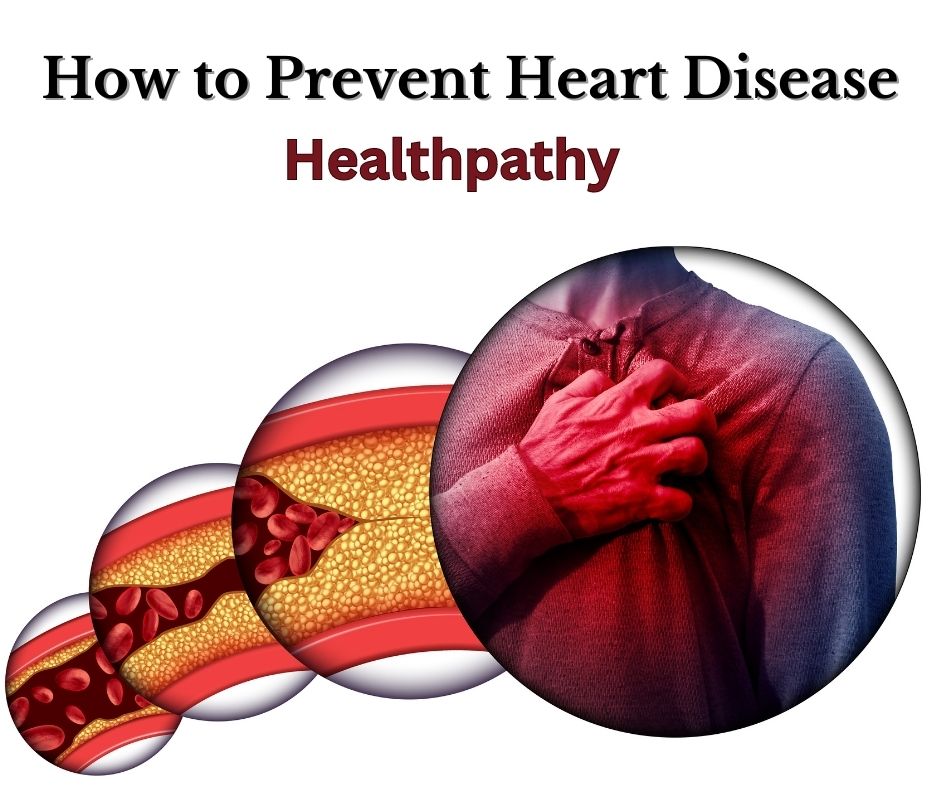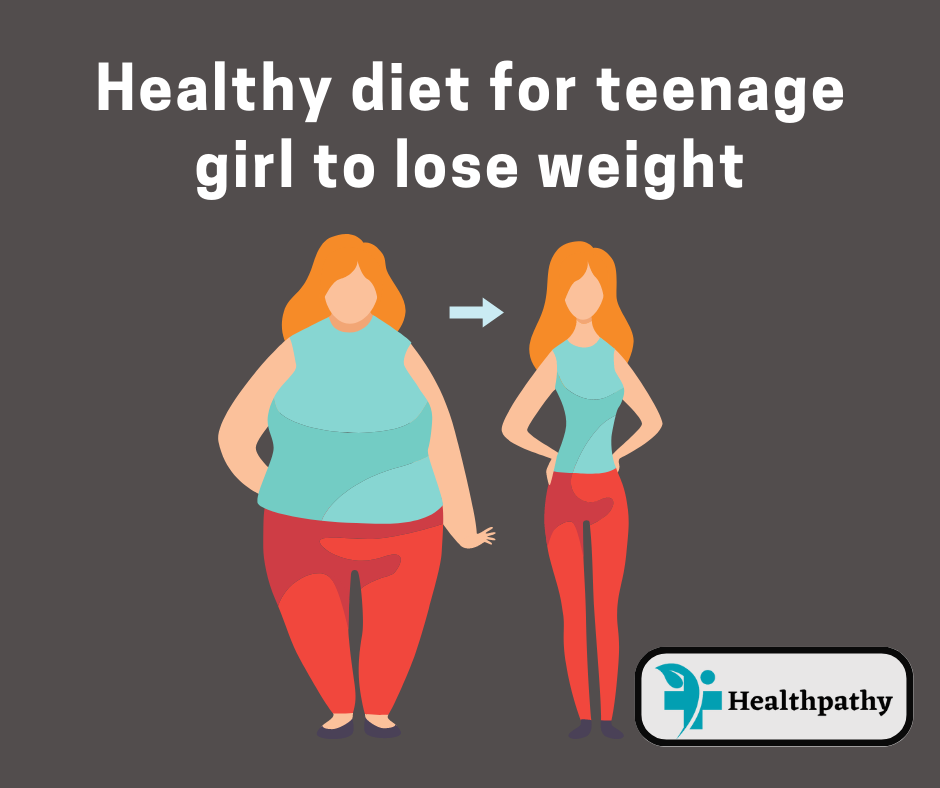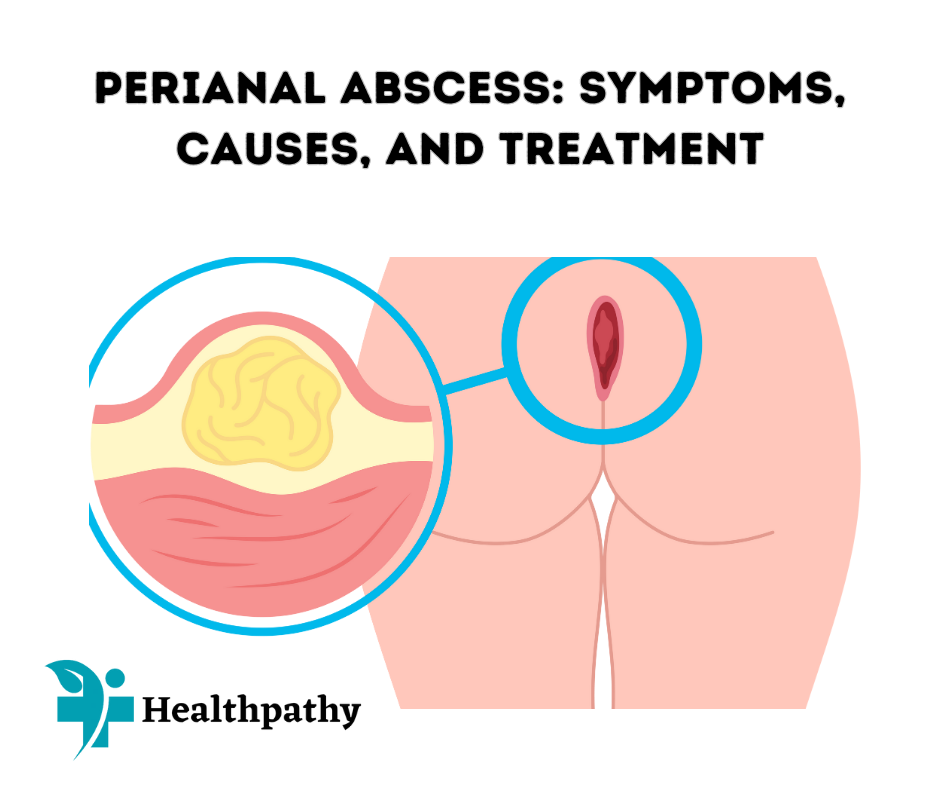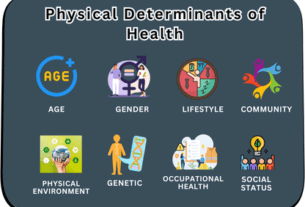How to Prevent Heart Disease

Heart attacks, also known as myocardial infarctions, are life-threatening events that occur when the blood supply to a part of the heart is blocked. They can have severe consequences, leading to disability or even death. However, many heart attacks can be prevented through lifestyle changes and proactive measures. In this comprehensive guide, we will discuss essential strategies for preventing heart attacks and maintaining optimal cardiovascular health.
Adopt a Heart-Healthy Diet:
Eating a balanced and heart-healthy diet is paramount in preventing heart attacks. Focus on consuming fruits, vegetables, whole grains, lean proteins, and healthy fats. Limit the intake of saturated and trans fats, as well as added sugars and salt. Incorporate foods rich in omega-3 fatty acids, like fatty fish, flaxseeds, and walnuts, which can help lower blood cholesterol levels and reduce inflammation.
Maintain a Healthy Weight:
Being overweight or obese increases the risk of heart disease, including heart attacks. Aim to achieve and maintain a healthy weight through a nutritious diet and regular physical activity. Consult with a healthcare professional or a registered dietitian to develop a personalized weight management plan.
Engage in Regular Physical Activity:
Regular exercise is vital in preventing heart attacks. Aim for at least 150 minutes of moderate-intensity aerobic activity or 75 minutes of vigorous-intensity aerobic activity per week. Additionally, incorporate strength training exercises two or more days per week. Physical activity helps control weight, lower blood pressure, improve cholesterol levels, and reduce the risk of diabetes.
Quit Smoking: How to Prevent Heart Disease
Smoking is a significant risk factor for heart attacks and other cardiovascular diseases. If you smoke, seek help to quit, as this decision will lead to immediate health benefits. Smoking cessation decreases the risk of heart attacks and improves overall lung and cardiovascular health.
Control Blood Pressure:
High blood pressure (hypertension) is a leading risk factor for heart disease. Monitor your blood pressure regularly and work with your healthcare provider to keep it within a healthy range. Lifestyle changes like reducing salt intake, exercising regularly, and managing stress can help control blood pressure.
Manage Stress:
Chronic stress can contribute to heart disease risk. Practice stress-reducing techniques like mindfulness, meditation, yoga, or spending time in nature. Engaging in hobbies and activities that bring joy can also be beneficial for managing stress.
Control Diabetes:
Diabetes is a significant risk factor for heart attacks. If you have diabetes, work closely with your healthcare team to manage your blood sugar levels through proper diet, exercise, and medication if necessary.
Limit Alcohol Intake:
Moderate alcohol consumption may have some cardiovascular benefits, but excessive drinking can increase the risk of heart disease. If you choose to drink, do so in moderation – up to one drink per day for women and up to two drinks per day for men.
Get Quality Sleep:
Poor sleep patterns and sleep disorders have been associated with an increased risk of heart disease. Aim for 7-9 hours of quality sleep per night. Establish a consistent sleep schedule and create a relaxing bedtime routine.
Regular Health Check-ups:
Regular visits to your healthcare provider are essential for monitoring your overall health and identifying any risk factors or health issues that may contribute to heart disease. Follow your doctor’s advice and take prescribed medications as directed.
Conclusion:
Preventing heart attacks requires a proactive approach to cardiovascular health. By adopting a heart-healthy lifestyle, which includes-
- A nutritious diet.
- Regular physical activity.
- Avoiding smoking.
- Additionally, managing other risk factors like blood pressure, diabetes, and stress can further contribute to a healthy heart.
Remember to seek guidance from healthcare professionals, as they can provide personalized recommendations and monitor your progress toward a heart-healthy life. By taking charge of your cardiovascular health, you can lower the likelihood of a heart attack and enjoy a longer, healthier life.
Read More:


Follow us: How to Prevent Heart Disease




